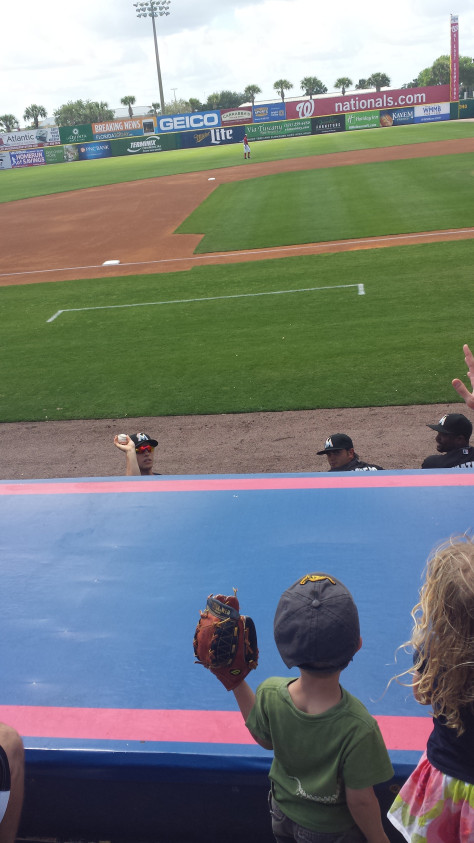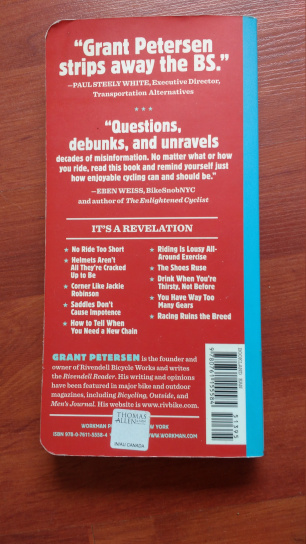
The evening after the shooting at the republican congressional baseball team’s practice, Mike Doyle, D-PA was standing beside Joe Barton, R-TX. In a PBS News Hour interview, Barton was describing the support he and his fellow republicans had received from Doyle and the democrats.
Barton said, “We have an R or a D by our name, but our title—our title is United States representative.”
Silence.
Barton had choked up with emotion.
Doyle’s response was, in a word, Gemeinschaftsgefühl. Another word to describe Doyle’s response might be, “Fantastic.”
Doyle noticed the silence. He looked over and up to Barton. He saw Barton’s tears. Then he reached out in compassion, squeezing and patting his friend’s arm.
I know there are cynics who’ll frame this as a corny or staged bipartisan exhibition. I don’t blame you. We’ve been fed so much polarizing rhetoric from the media and the internet that it’s hard to believe genuine human connection is possible.
So I’ll speak for myself. I’ve been hating the news media. But not this. The Doyle-Barton interaction is my favorite media moment of the year. It was a demonstration of how politicians can put aside differences and engage each other as compassionate humans.
We need to see more of this Gemeinschaftsgefühl.
You may not recognize (or be able to pronounce) the word Gemeinschaftsgefühl. But in your gut, you know what it means. You’ve experienced it many times.
Gemeinschaftsgefühl is a multidimensional German word. It includes social interest, community feeling, caring for others as equals, empathy, and the pull toward kindness, compassion, and companionship.
You also may not know about Alfred Adler. Adler was a popular psychiatrist in the early 1900s. He was Freud’s contemporary. He wrote about Gemeinschaftsgefühl. But like lots of Adlerian things, Gemeinschaftsgefühl has been overlooked. Adler believed humans were naturally predisposed to work together, cooperatively, in community, with empathy, and positive social feelings. Lydia Sicher, an Adlerian follower, captured his ideas with one of the best professional journal article titles of all time: A Declaration of Interdependence.
Interdependence and Gemeinschaftsgefühl are so natural that, unless we’re broken in some way, we cannot stop ourselves from experiencing empathy; we cannot stop ourselves from helping others in need.
We see this every day in our personal lives, but not so much in politics. If your neighbor (or a stranger) has fallen on the sidewalk, do you refuse to stop and help, based on political affiliation? Not likely. You help . . . because you’re wired to help.
You may have noticed that, now more than ever in the history of the planet, it’s easy to rise to the bait and insult other people. Aggression is natural too, but the media inflates it; the internet contributes to it; we’re fed a visual and auditory diet of political extremism. To be blunt: We need to turn that shit off.
What are other solutions? Gemeinschaftsgefühl is like a muscle. Without regular exercise, it can weaken. Without getting connected to real people in real time, we can become judgmental, insensitive, and mean.
About 10 years ago I had the good luck to watch a congressional baseball game on the West Point campus. The democrats were playing the West Point faculty. I longed to join in. This is another Adlerian principle. I longed to belong.
Almost always, the Adlerian solution is to increase belongingness and usefulness. The more you feel “in” the group and the more you feel useful to that group, the more you naturally experience Gemeinschaftsgefühl.
The opposite is also true. The less you feel part of a group and the less useful you feel, the more likely you are to seek power, control, attention, revenge, and despair. Who hasn’t felt that? No doubt, most shooters feel desperate, disconnected, and useless. That’s no excuse. It’s just one way to understand senseless, violent, and tragic actions.
Adler would say that we have a national problem of disconnection and uselessness. To address this, we need policies to promote inclusion and connection. A good place to start: integrated congressional baseball teams. We need Rs and Ds playing baseball with each other, not against each other. Cooperation, like most things, is contagious.
To further address national disconnection, members of both political parties should become Adlerians and help their constituents to feel included and useful. How to do that? Instead of meeting (or avoiding) town halls where disenfranchised constituents yell at their political representatives, we need new and improved town halls that focus less on venting and more on problem-solving. Problem-solving can help constituents feel useful and connected. But here’s an even more radical idea. The town halls shouldn’t be segregated. They should be held jointly, republicans and democrats, together.
Alfred Adler lived through World War I. The Nazis forced him to leave Austria and then quickly closed down his child guidance clinics. Despite all that, Adler still believed in Gemeinschaftsgefühl. If he could, we can too.
Various writers, and Adler himself, have noted that Gemeinschaftsgefühl essentially boils down to the edict “love thy neighbor.” Jon Carlson and Matt Englar-Carlson described Gemeinschaftsgefühl as being the “same as the goal of all true religions.” It’s not a bad goal for atheists and agnostics either.
Eighty years after his death, we still have much to learn from Alfred Adler. We need to do what he did every day. Get up. Put on our Gemeinschaftsgefühl pants, our love thy neighbor t-shirts, engage in community problem-solving, and, in honor of Joe Barton and Mike Doyle, reach across the aisle and start caring for each other.
***************************
If you need a dose of Gemeinschaftsgefühl, check out Judy Woodruff’s interview of Barton and Doyle on the PBS News Hour (June 14, 2017): http://www.pbs.org/newshour/bb/rivals-baseball-field-congressmen-share-solidarity-shooting/
Advertisements Share this:





